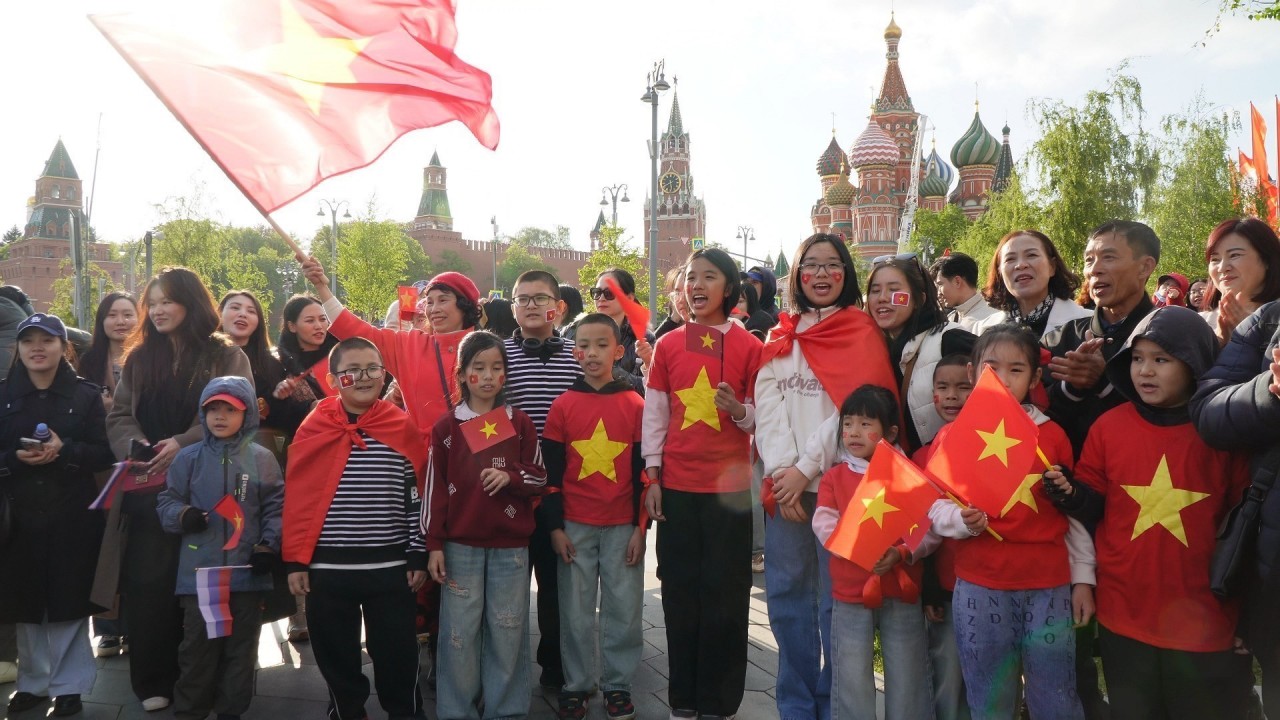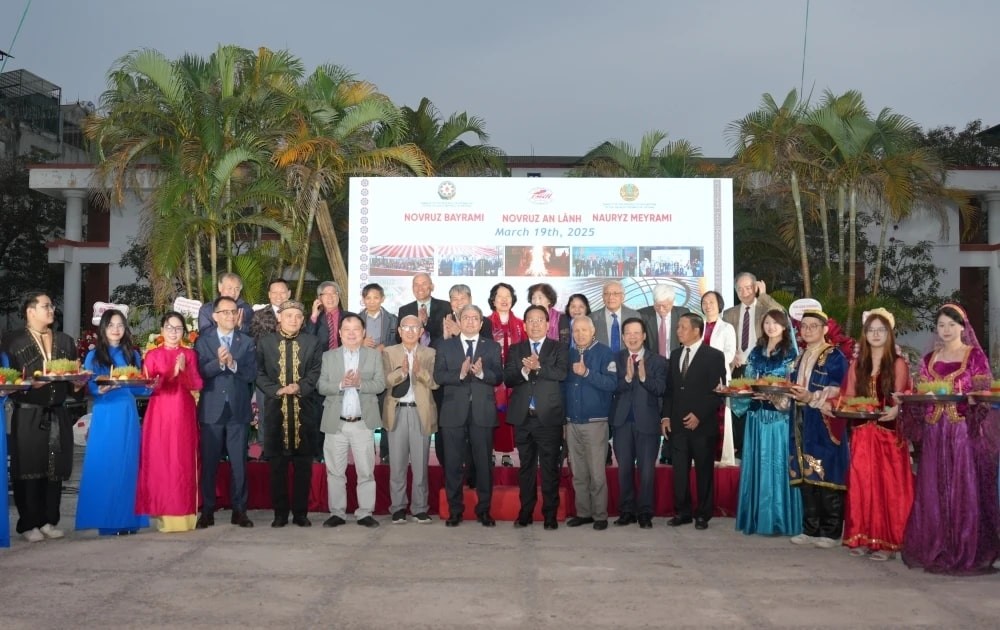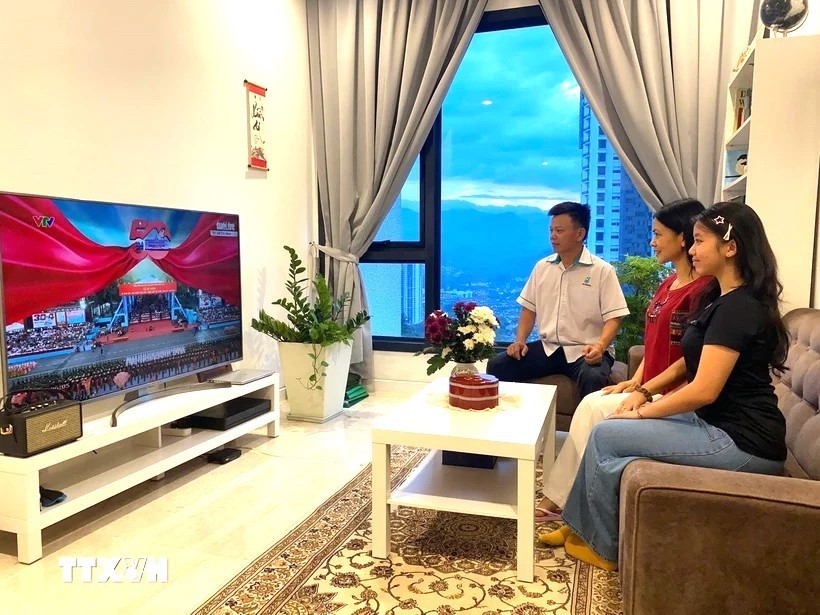Semiconductor Industry Gets a Boost from Overseas Vietnamese
| Honoring Traditional Culture at Vietnam's Day in Slovakia | |
| PM: Vietnamese Abroad Vital to National Progress |
Investing in analog and high-speed chip design
Sharing experiences in developing the semiconductor industry in Japan, the RoK, and Taiwan, Nguyen Ngoc Mai Khanh, a product development expert at Marvell Technology, believes that Vietnam's semiconductor industry is currently limited to manufacturing, and lacks a team of engineers capable of mastering complete products. However, with a large population and the government's orientation towards digital transformation, Vietnam has a great opportunity to develop this industry.
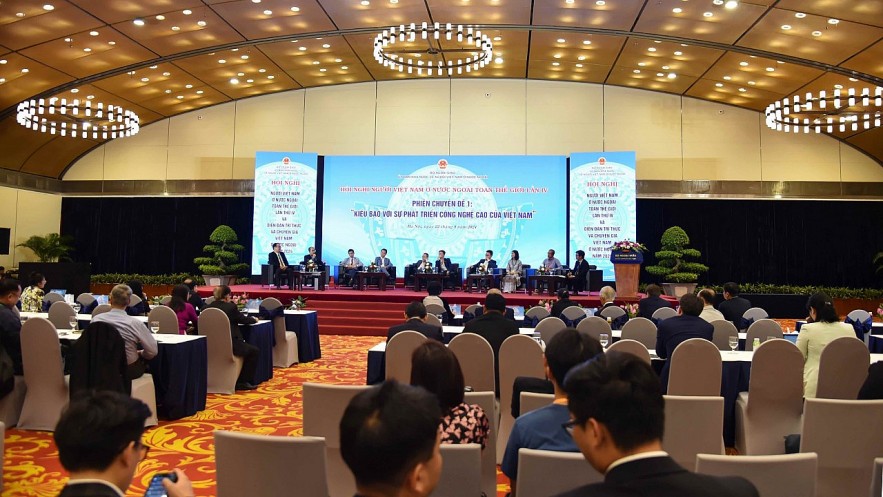 |
| Delegates and speakers shared at the thematic session Overseas Vietnamese and Vietnam's high-tech development. |
According to Khanh, to develop the semiconductor industry in Vietnam, it is necessary to strengthen training for semiconductor engineers, build online training platforms for this industry, establish specialized training centers, and have policies to attract and retain talent.
Vietnam needs to focus on design, packaging, and testing, investing in analog and high-speed chip design, support copyrights, intellectual property, and synchronized cooperation between technology corporations, institutes, and universities.
"It is necessary to invest in building research and production facilities, while focusing on developing new technologies and practical applications. Referencing experiences from advanced countries and successful models, with a particular focus on sharing chip resources and retaining talent, helps Vietnam build a solid foundation , and promote sustainable development in this field," said overseas Vietnamese Nguyen Ngoc Mai Khanh.
Taking advantage of the proximity to China's Silicon Valley
Duong Minh Tien, an overseas Vietnamese in the RoK, suggests that Vietnam, recognized as an attractive investment destination for chip packaging, should be prepared to welcome a wave of investment in this sector within the next 5-10 years.
In recent years, Vietnam has successfully attracted major electronics companies to invest in chip packaging and substrates, such as Intel, Samsung, Amkor, and Hana Micron. This has provided a foundation for enhancing the experience of Vietnam's workforce in the chip manufacturing industry and developing local suppliers.
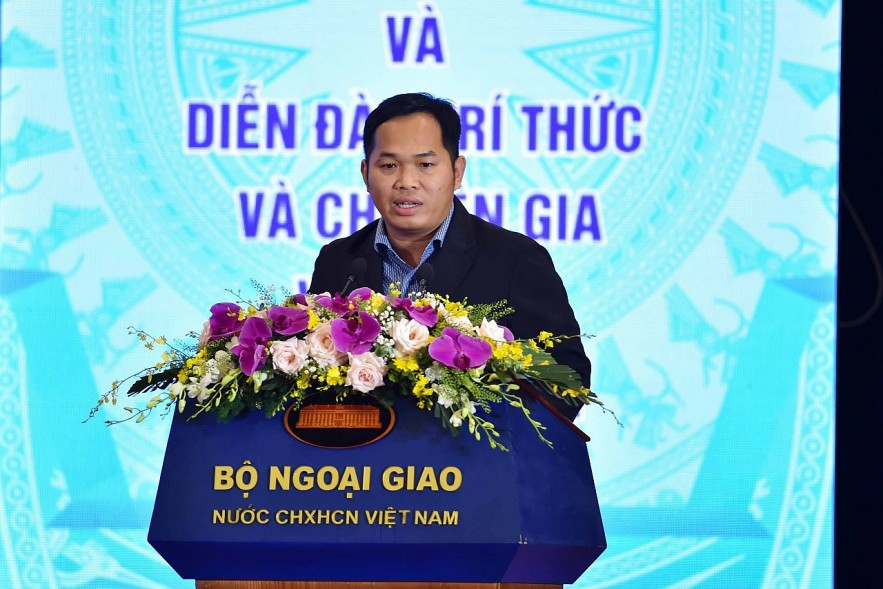 |
| Duong Minh Tien, overseas Vietnamese in the RoK. |
Tien suggests that Vietnam should leverage its unique advantages to diversify its investment attraction. Additionally, its proximity to China's Silicon Valley (Guangzhou, Shenzhen, Dongguan) aligns perfectly with the China+1 strategy of major corporations seeking to mitigate geopolitical and trade war risks.
Furthermore, Vietnam has numerous free trade agreements and strategic partnerships with technological powerhouses, facilitating preferential treatment for Vietnamese goods in major markets. By streamlining administrative procedures and delegating authority to local authorities, Vietnam can facilitate production, business operations, and expansion investments from large enterprises.
Therefore, Vietnam needs to ensure energy and water security, prioritize attracting investments in substrate packaging. By reducing administrative procedures, delegating authority, and offering tax incentives and capital for semiconductor workforce training, Vietnam can create a favorable investment environment.
Organizing short-term supplementary training courses
Dr. Nguyen Thanh Tien, an overseas Vietnamese in the RoK, suggests that training human resources for the semiconductor industry requires a collaboration between the government, universities, and enterprises. The development of enterprises often follows the core technology orientations of national institutes. University training needs to align with the actual demands of businesses.
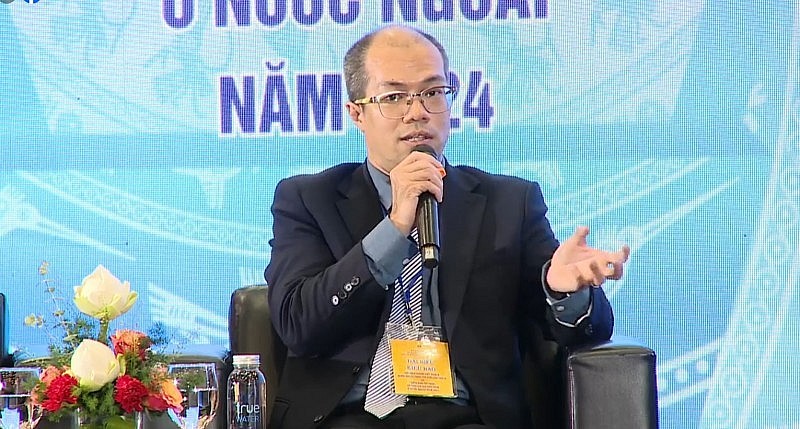 |
| Dr. Nguyen Thanh Tien, overseas Vietnamese in the RoK. |
Tien said that job rotation is common in the semiconductor industry. Therefore, short-term supplementary training courses can enhance the dynamism of the semiconductor workforce by facilitating career transitions.
Shared-equipment training centers are the most effective way to implement such short-term courses as they optimize costs and maintenance manpower, maximize equipment utilization, and provide flexibility in scheduling students and interns.
Appreciating the overseas Vietnamese's insights into semiconductorsDo Tien Thinh, Deputy director of the National Innovation Center (NIC), shared that this was the first time he heard about leveraging the Northeast Asian semiconductor belt. "This is a strategic concept that we believe in. We have previously mentioned engaging with certain countries, but we have not yet considered the concept of a belt," Thinh said. Thinh also noted that this was the first time he had heard a suggestion from overseas Vietnamese to focus on niche markets when entering the semiconductor design, testing, and packaging sectors. "We highly appreciate these points. We see the dedication and desire of overseas Vietnamese to accompany and develop with the country in two areas where Vietnam is just starting: AI and semiconductors," he said. |
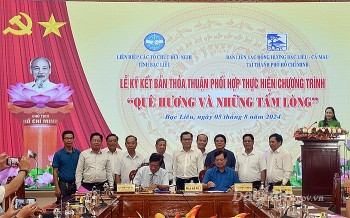 | Bac Lieu Builds 120 Houses for Disadvantaged Families The Union of Friendship Organizations of the southern province of Bac Lieu mobilizes capital to fund projects to build rural houses. |
 | Vietnamese Women Abroad Keep Culture Alive Overseas Vietnamese women have been acknowledged as a core force in preserving and promoting the Vietnamese cultural identity during a working session aimed at reviewing ... |
Recommended
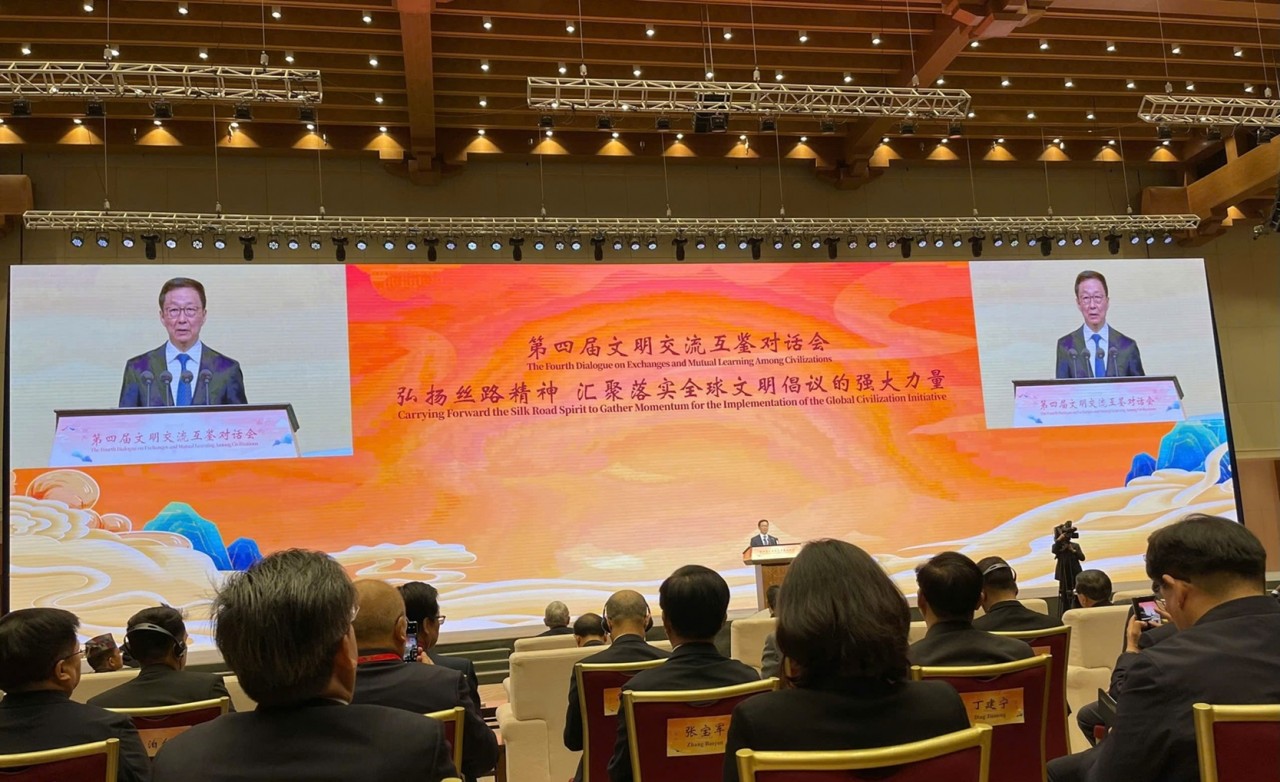 Friendship
Friendship
VUFO Attends Fourth Dialogue on Exchange and Mutual Learning among Civilizations
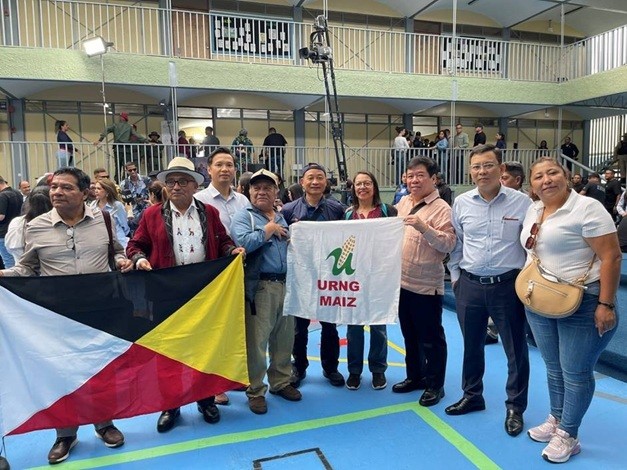 Focus
Focus
Strengthen Solidarity and Friendship Between Vietnam and Venezuela
 Focus
Focus
"Vietnamese - Cuban Children, Deep Friendship" Painting Contest Announces Winners
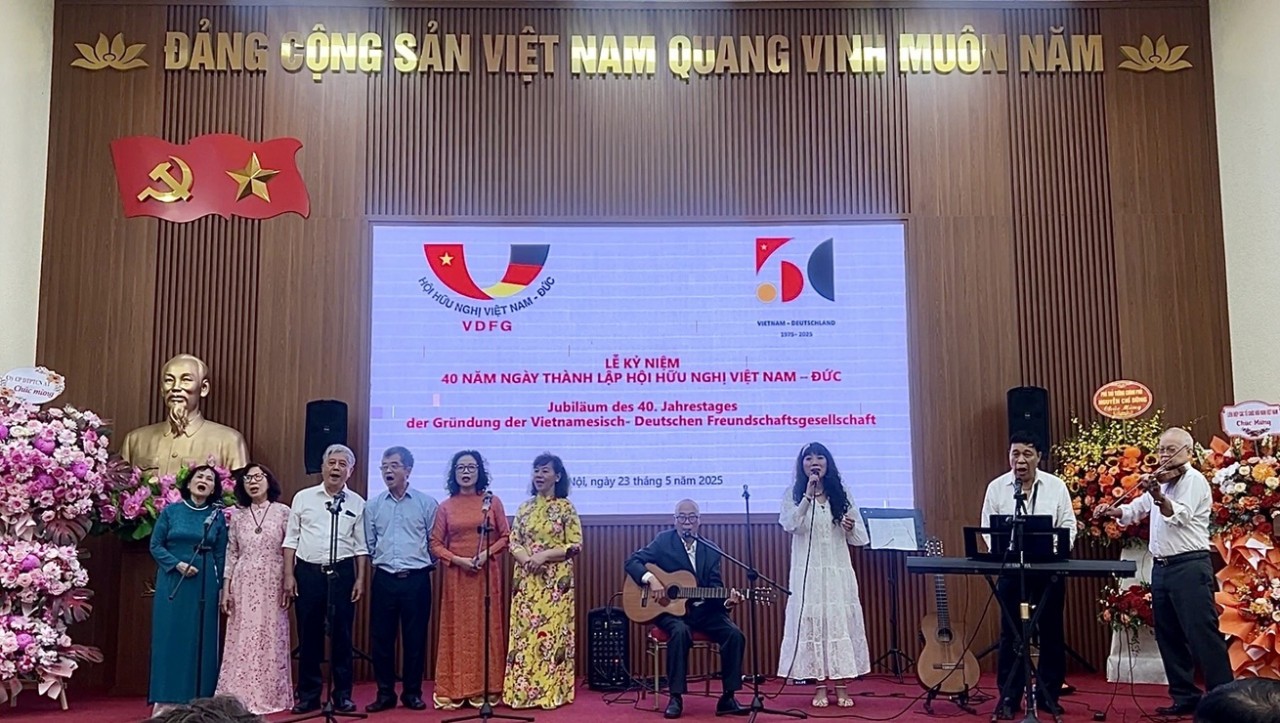 Focus
Focus
Solid Bridge for People-to-people Relations between Vietnam and Germany
Popular article
 Focus
Focus
35 Years of FES in Vietnam: Fostering Dialogue, Advancing Equity
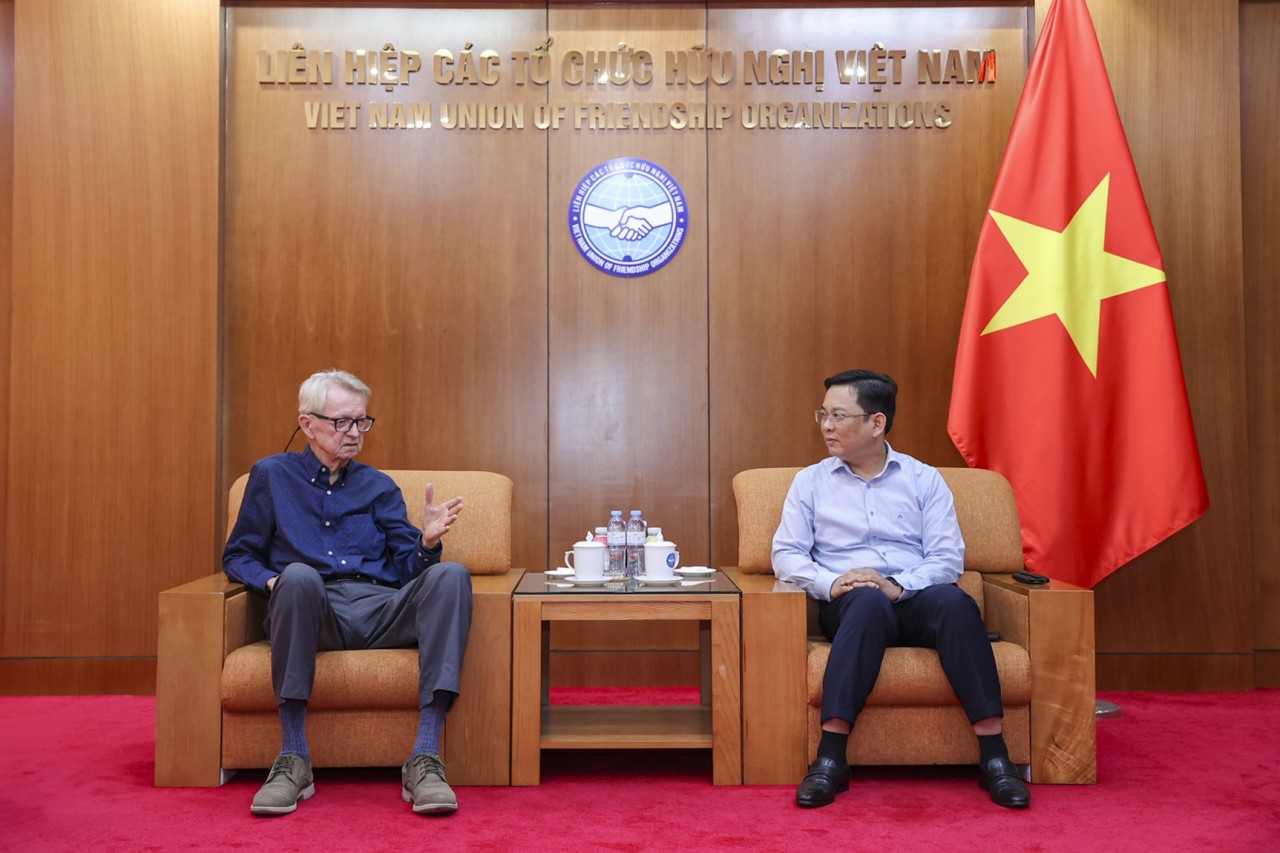 Friendship
Friendship
VUFO Appreciates Contributions of American Veterans in Overcoming Consequences of War
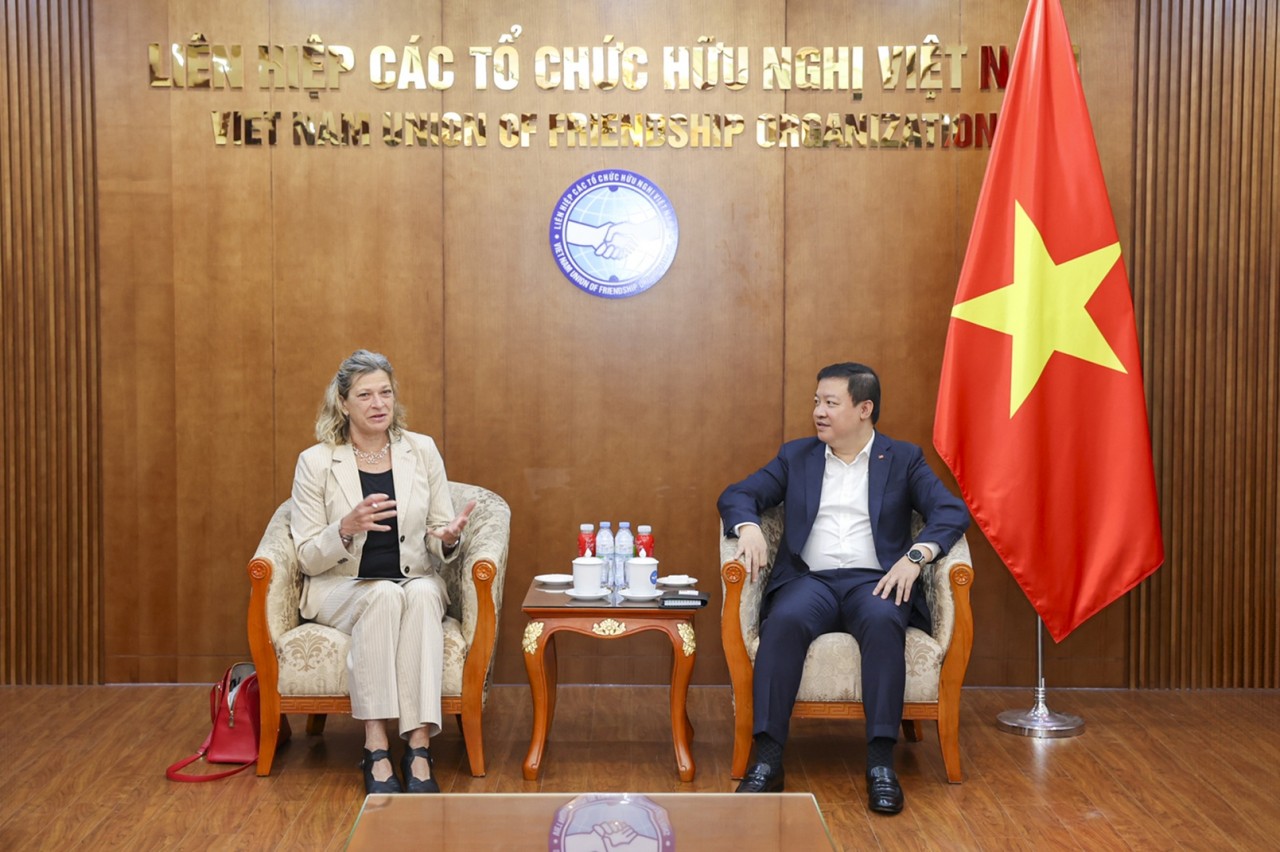 Focus
Focus
VUFO, FES Continue to Promote Cooperation to Support Development
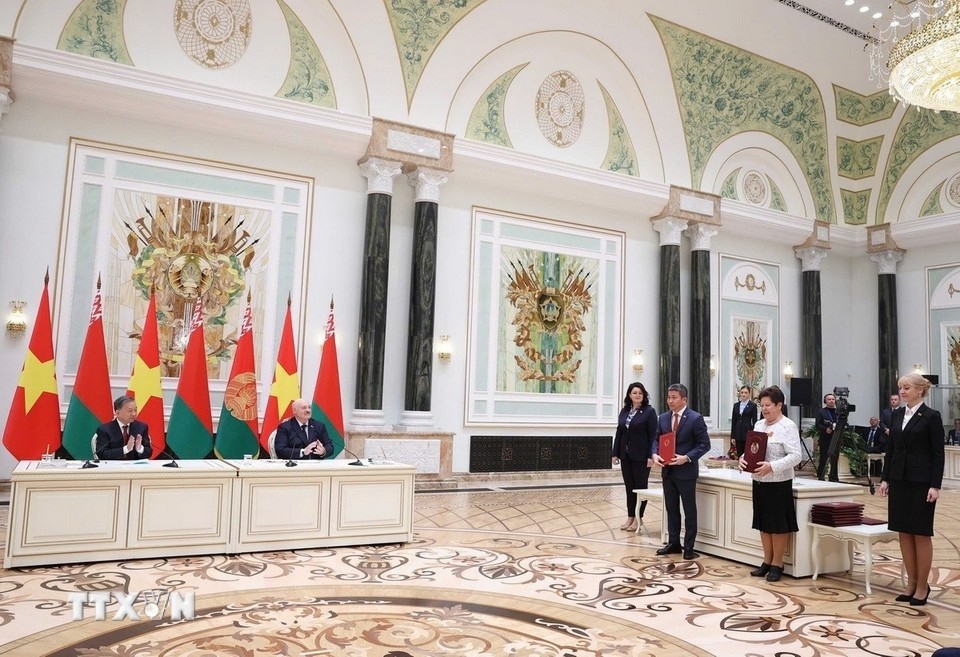 Focus
Focus





